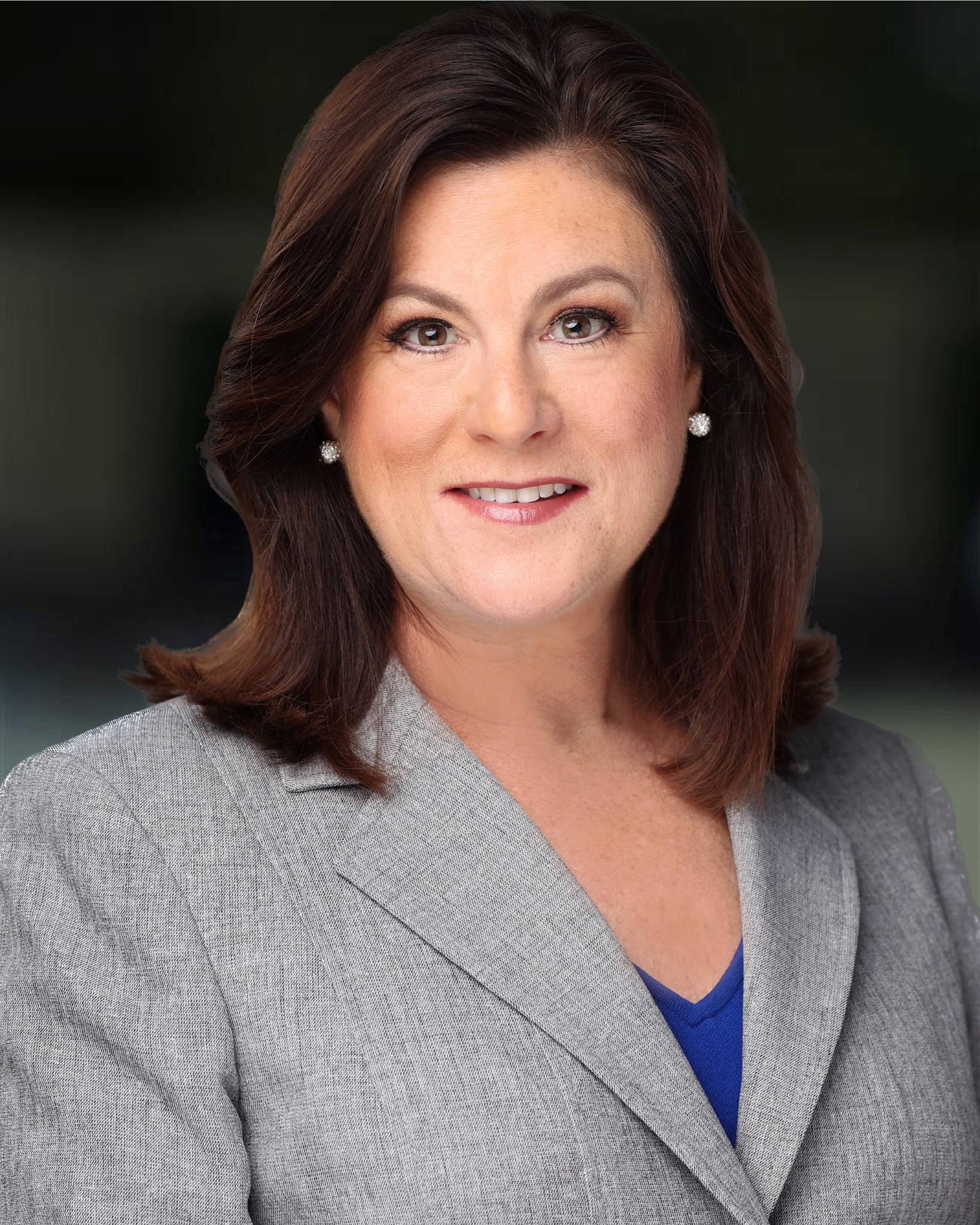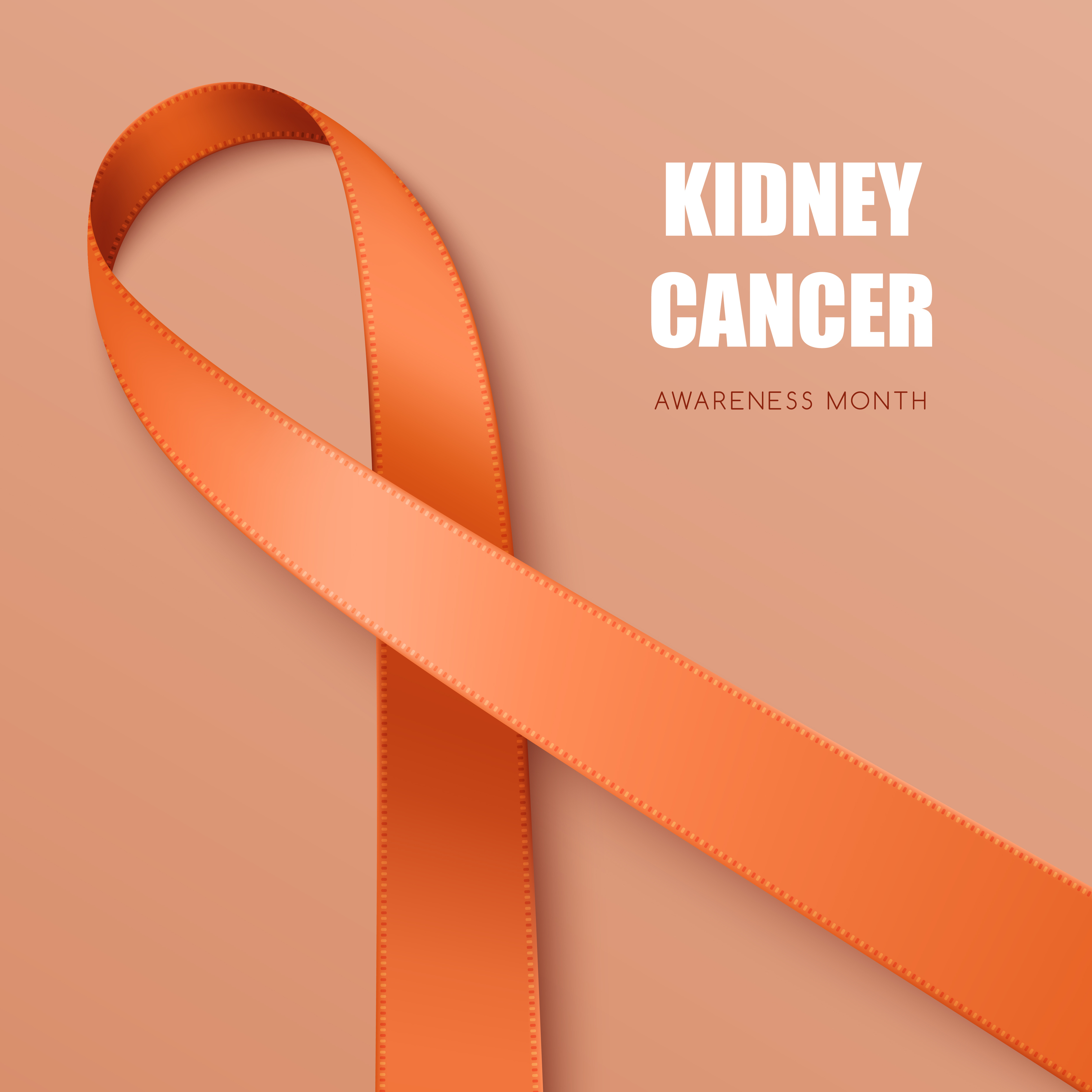Global View Investment Blog
March is Kidney Cancer Awareness Month
Kidney Cancer can be a silent killer often going undetected until late stage so those of us that have been impacted by it dedicate the month of March to wearing our orange and making others aware of the risk factors and symptoms. In fact, a third of the initial kidney cancer diagnoses are already Stage IV meaning that the disease has spread to non-localized areas of the body. I lost my husband of thirty years, Ken, in July 2021 to Clear Cell Renal Carcinoma which is the most common and aggressive type (~75% of all cases). Ken was not only a husband, but also the father of our two children, Global View’s founder, a veteran, an Ironman, a trusted financial advisor, a friend, and many other things. Our loss is profound so it’s paramount to me to help others not experience the same pain by advocating for prevention, early detection, and treatments that not only prolong life but protect quality of life to the highest degree possible.
Kidneys’ Function
When properly functioning our kidneys remove waste, toxins and excess fluids from our bodies. Kidneys also serve to balance our electrolytes such as sodium, calcium, phosphorus, and potassium in our blood. They also regulate blood pressure through the release of hormones and produce Vitamin D for our bones. Lastly, kidneys control the production of red blood cells.
Risk Factors
Know the risk factors of kidney cancer. More men are diagnosed (about 2/3 of all cases), and the average age of diagnosis is 64 years old.
-
Being overweight
-
Uncontrolled blood pressure
-
History of smoking
-
Having served in the military or other occupations where exposure to contaminated water, burnpits, asbestos, cadmium may have occurred
-
Family history may play a role in a small percentage of cases
Symptoms
Be aware of the symptoms. Many of these of symptoms are easily associated with other diseases, illnesses, or conditions so they may be easily dismissed until the cancer has been growing for many years, in some cases. Most early stage cases are found incidentally through imaging for some other condition or symptom. About half of the patients diagnosed have no symptoms, but below are some common ones. Ken only had pain in his back and fatigue which he attributed to lifting weights. He had night sweats in prior years, but he figured that was middle age until blood in urine presented and the diagnosis was made within days and by then the disease had spread to his lungs and spine.
-
Blood in urine
-
Pain or pressure in the side or back
-
Swelling in the ankles and legs
-
High blood pressure
-
Low red blood cell count (anemia)
-
High red blood cell count (erythrocytosis)
-
Feeling very tired
-
Loss of appetite / unexplained weight loss
-
Recurring fever / night sweats
-
A rapid enlargement in the veins around a testicle
Treatments
Standard of care treatments have come a long way in the last five to ten years while there is still no cure for late stage kidney cancer. In addition, kidney cancer doesn’t respond to chemotherapy or External Beam Radiation Treatments (EBRT) used to fight most cancers, for example prostate cancer or breast cancer.
In addition to there being no cure, biomarkers do not exist to guide oncologists in terms of the treatment(s) will give the patient the best outcome in terms of efficacy, minimizing side effects, and longevity of efficacy. So, it’s often a guessing game played by trial and error which can work and/or wreak havoc on the patient.
Surgical removal of the tumor may be advised depending on the size and the overall patient’s health. For Ken the whole left kidney, nearby lymph nodes, and the adjacent adrenal gland was removed. We only need one kidney as kidney donors know well.
For decades, there have been Vascular Endothelial Growth Factor Inhibitors (VEGFs) which aren’t meant to cure the disease but rather to stave off tumor growth. For the small percentage of patients that respond, these can work for years and even decades. These are the real workhorses.
While EBRT isn’t used for kidney cancer, Stereotactic Body Radiation Therapy (SBRT, a.k.a. Stereotactic Ablative Radiotherapy or SABR) can be used for kidney cancer that has spread to other parts of the body. This is a high-dosed, very targeted type of radiation so it is only used on small tumors. Ken had this in his spine and his brain. It was effective in killing those tumors.
There are also several types of immunotherapies which are infusions that are supposed to train the cancer-fighting cells in the body to wake up and recognize the threat of the cancer to rid the body of the rogue cells. While immunotherapies sound great in theory and gave Ken great hope, historically they have a low incidence of working, and if they do, they often stop working or become too toxic for the patient to continue taking. Some patients, like Ken, favor these for the promise of having a complete response or as his specialist said, “it would be winning the lottery”. Immunotherapies are often administered in combination with the pills or with one or two other immunotherapies which multiplies the odds of something working but also the side effects. One of the combination immunotherapy treatments that Ken took caused him to lose function of his thyroid and pancreas so in addition to the myriad of drugs he was on for side effects, he also became a Type 1 insulin-dependent diabetic. Even since that time in 2021, there has been progress in this field in identifying which immunotherapies of being effective and less toxic. However, there’s a lot of room for improvement, and Ken did what he could to further the cause by volunteering for a clinical trial at National Institute of Health in the first quarter of 2021. Unfortunately, it did not work, and the disease took over.
My Two Cents
I’m not a medical expert so please understand that this information comes from personal experience as a former caretaker and a current kidney cancer research advocate. I’m also a big advocate of managing stress which can be a contributor to cancer by having healthy outlets such as exercising, spending time with friends, volunteering, and getting enough sleep. We were told early on in “the cancer journey” (what an awful term) that cancer is caused by a perfect storm and stress is one of those contributors that doesn’t often show up on the lists of risks. My purpose is to raise awareness and encourage people to take action to prevent the disease by minimizing exposure to toxins and cigarettes, controlling weight, managing stress, and high blood pressure, if necessary, and seeking appropriate medical advice for optimal health.

Written by Kathleen Moore
Kathleen has a long history in financial and professional services leveraging her analytical skills to optimize results for clients. Kathleen’s focus is supporting the Global View team which embodies the same ideals as Ken, Global View founder, to further the company’s mission of putting the clients’ interests first.
Are you on track for the future you want?
Schedule a free, no-strings-attached portfolio review today.
Talk With Us





